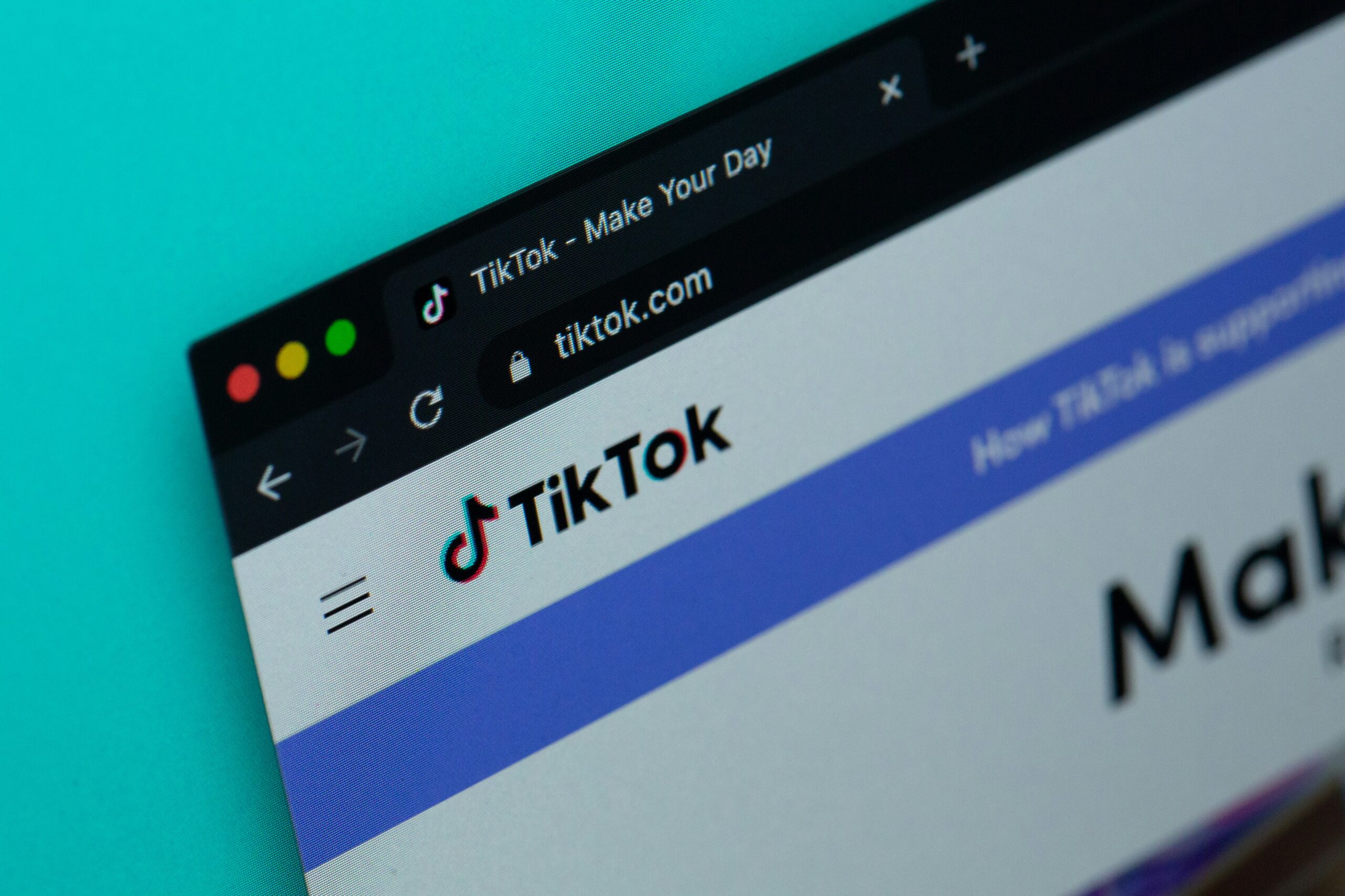
In a bold move that juxtaposes with impending regulatory actions, the White House has officially joined TikTok, releasing its first post as President Donald Trump’s administration navigates the complexities of a law that could see the platform banned in the United States. This initiative unfolds as Trump’s deadlines to enforce a ‘sell or ban’ law loom, raising eyebrows and questions about the future of U.S.-China technology relations.
Key Facts
- The official White House TikTok account was inaugurated with a video featuring President Trump, emphasizing his commitment to the American people.
- Despite the potential ban, TikTok remains popular in the U.S. with an estimated 170 million users.
- The ‘sell or ban’ legislation, commanding TikTok to divest its U.S. operations to non-Chinese owners or face prohibition, has seen multiple delays by Trump, with the latest extension pushing the deadline to early September 2025.
Background
Amidst rising concerns over national security, the U.S. Congress passed a bill in March 2024 with significant bipartisan support, mandating that TikTok be sold or banned in the U.S. This move reflects broader apprehensions about the influence of Chinese technology companies on American soil. Despite these concerns, both major U.S. political parties have utilized TikTok for campaigning, illustrating the platform’s entrenched role in American social and political spheres.
Official Reactions
President Trump has expressed a commitment to ‘save’ TikTok, indicating progress in negotiations to prevent the ban. Conversely, critiques of the bill, like former Democratic representative Barbara Lee, argue that the focus should be broader, encompassing all social media platforms in terms of data privacy and national security threats.
What’s Next
As the deadline approaches, the fate of TikTok in the U.S. hangs in the balance. The situation is complicated by ongoing lawsuits against other tech giants like Meta Platforms, accused of creating addictive features harmful to young users. The outcomes of these legal and legislative actions will likely have significant implications for the tech industry and U.S.-China relations going forward.


